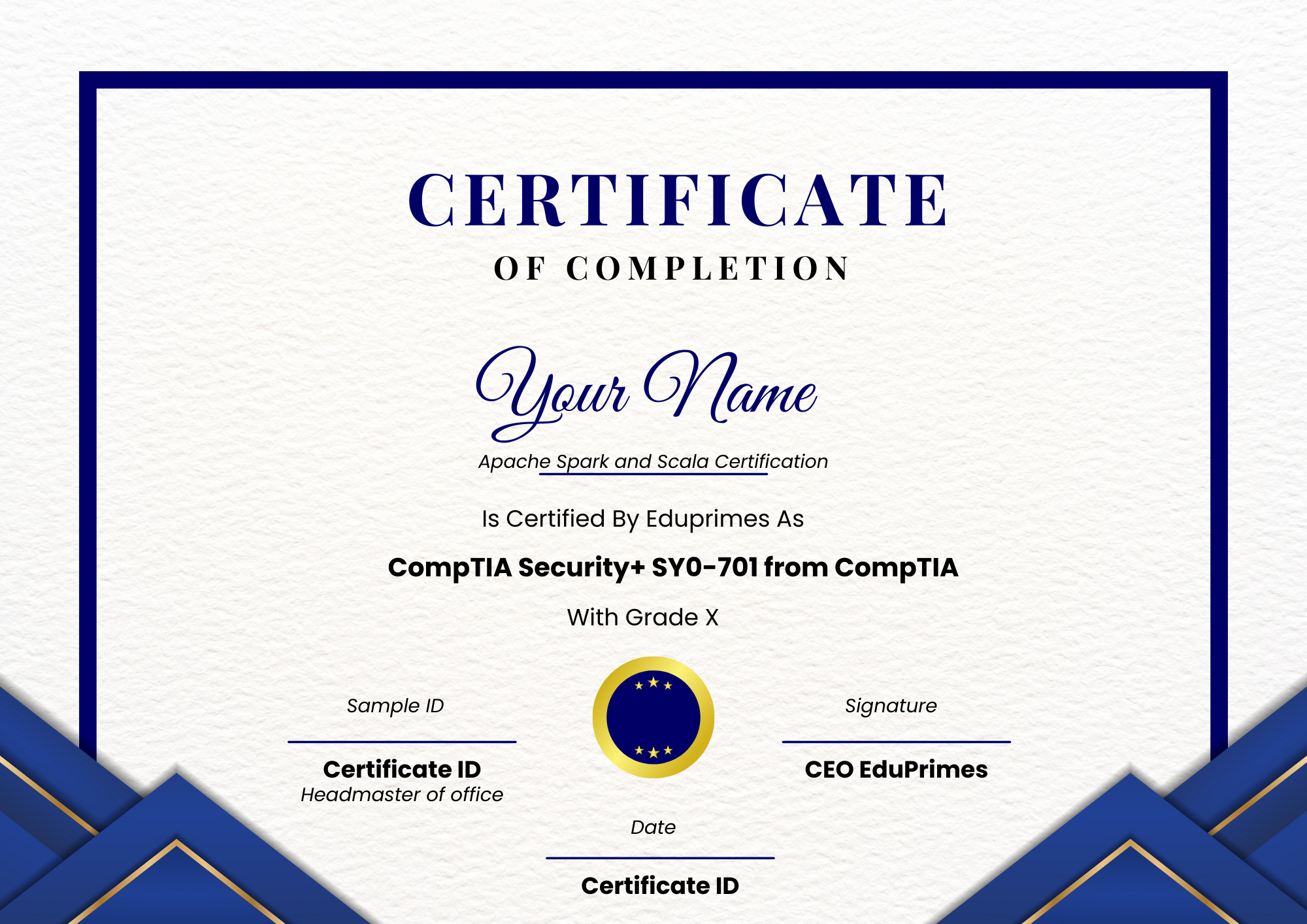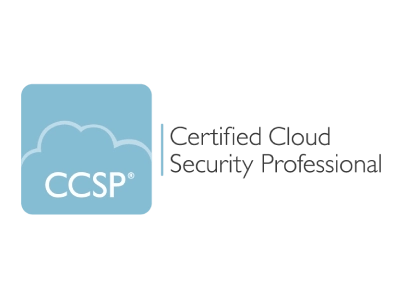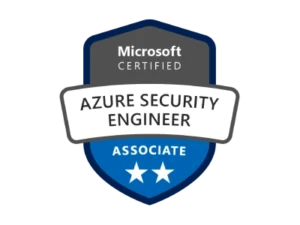Certified Cloud Security Professional (CCSP)
The generally recognized CCSP cloud security certification is an effective tool for advancing your career and strengthening the security of important cloud assets.
The Certified Cloud Security Professional (CCSP) credential attests to your advanced technical proficiency in designing, managing, and safeguarding cloud-based data, apps, and infrastructure through the implementation of best practices, policies, and procedures developed by our certified members and cybersecurity experts worldwide.
Overview
The widely recognized Certified Cloud Security Professional (CCSP) credential verifies a person’s advanced competencies in designing, managing, and safeguarding data and applications in a cloud environment while abiding by the rules, regulations, and guidelines.
The objective of the CCSP certification program is to impart a thorough understanding of cloud computing security ideas, cloud reference architecture, and cloud computing concepts.
What you will learn in Certified Cloud Security Professional (CCSP) Course?
Cloud security professionals can be assured they possess the requisite knowledge and abilities in cloud security design, implementation, architecture, operations, controls, and regulatory framework compliance by earning the Certified Cloud Security Professional (CCSP) certification. In addition to giving you the skills you need to be successful as a security professional, this course is meant to help you be ready for the CCSP exam.
Who should go for CCSP course?
- Cloud Architect
- Cloud Engineer
- Cloud Consultant
- Cloud Administrator
- Cloud Security Analyst
- Cloud Specialist
- Auditor of Cloud Computing Services
- Professional Cloud Developer
Advantages of CCSP Certification
- Instant Credibility
- Unique recognition
- Fill the unknown gap in your knowledge and helps you stay ahead
- Career Advancement
- Ensures you’re better equipped to protect sensitive data in a global environment.
Our Package
- Understand cloud computing concepts
- Describe cloud reference architecture
- Understand security concepts relevant to cloud computing
- Understand design principles of secure cloud computing
- Evaluate cloud service providers
- Describe cloud data concepts
- Design and implement cloud data storage architectures
- Design and apply data security technologies and strategies
- Implement data discovery
- Plan and implement data classification
- Design and implement Information Rights Management (IRM)
- Plan and implement data retention, deletion and archiving policies
- Design and implement auditability, traceability and accountability of data events
- Comprehend cloud infrastructure and platform components
- Design a secure data center
- Analyze risks associated with cloud infrastructure and platforms
- Plan and implementation of security controls
- Plan business continuity (BC) and disaster recovery (DR)
- Advocate training and awareness for application security
- Describe the Secure Software Development Life Cycle (SDLC) process
- Apply the Secure Software Development Life Cycle (SDLC)
- Apply cloud software assurance and validation
- Use verified secure software
- Comprehend the specifics of cloud application architecture
- Design appropriate Identity and Access Management (IAM) solutions
- Build and implement physical and logical infrastructure for cloud environment
- Operate and maintain physical and logical infrastructure for cloud environment
- Implement operational controls and standards (e.g., Information Technology Infrastructure Library (ITIL), International Organization for Standardization/International Electrotechnical Commission (ISO/IEC) 20000-1)
- Support digital forensics
- Manage communication with relevant parties
- Manage security operations
- Articulate legal requirements and unique risks within the cloud environment
- Understand privacy issues
- Understand audit process, methodologies, and required adaptations for a cloud environment
- Understand implications of cloud to enterprise risk management
- Understand outsourcing and cloud contract design
Upcoming Batch
April 20th (Weekends)
FRI & SAT (4 Weeks)
08:30 PM to 01:00 AM (CDT)
April 18th (Weekdays)
MON – FRI (18 Days)
10:00 AM to 12:00 PM (CDT)
Certified Cloud Security Professional (CCSP) FAQs
CCSP is an acronym that stands for; Certified Cloud Security Professional. This certification validates your advanced skills and knowledge in the ability to design, manage, and safeguard data, applications, and infrastructure in the cloud using best practices, policies, and procedures established by the Cyber Security experts at (ISC)².
- Increases career visibility and credibility
- The certification creates job security and new job opportunities
- Allows you to gain versatile vendor-neutral skills that can be applied to different technologies and methodologies
- Gain access to a global community of like-minded cybersecurity leaders
- Be better prepared to stem cyber attacks and inspire a safe and secure cyber world
- On average, (ISC)² members report earning 35% more than non-members
To obtain the CCSP certification course, you must have at least five years of working experience in IT including three years of information security and one year of cloud security experience. Those without the required experience can take the exam to become an Associate of (ISC)² while working toward the experience needed for full certification.
Information security certificates such as the SSCP, CCSP, and CISSP are well-respected and may help employees advance in their careers.
The validity of your CCSP certification is three years. To maintain a certification active and valid, the member must complete specific conditions.









Reviews
There are no reviews yet.